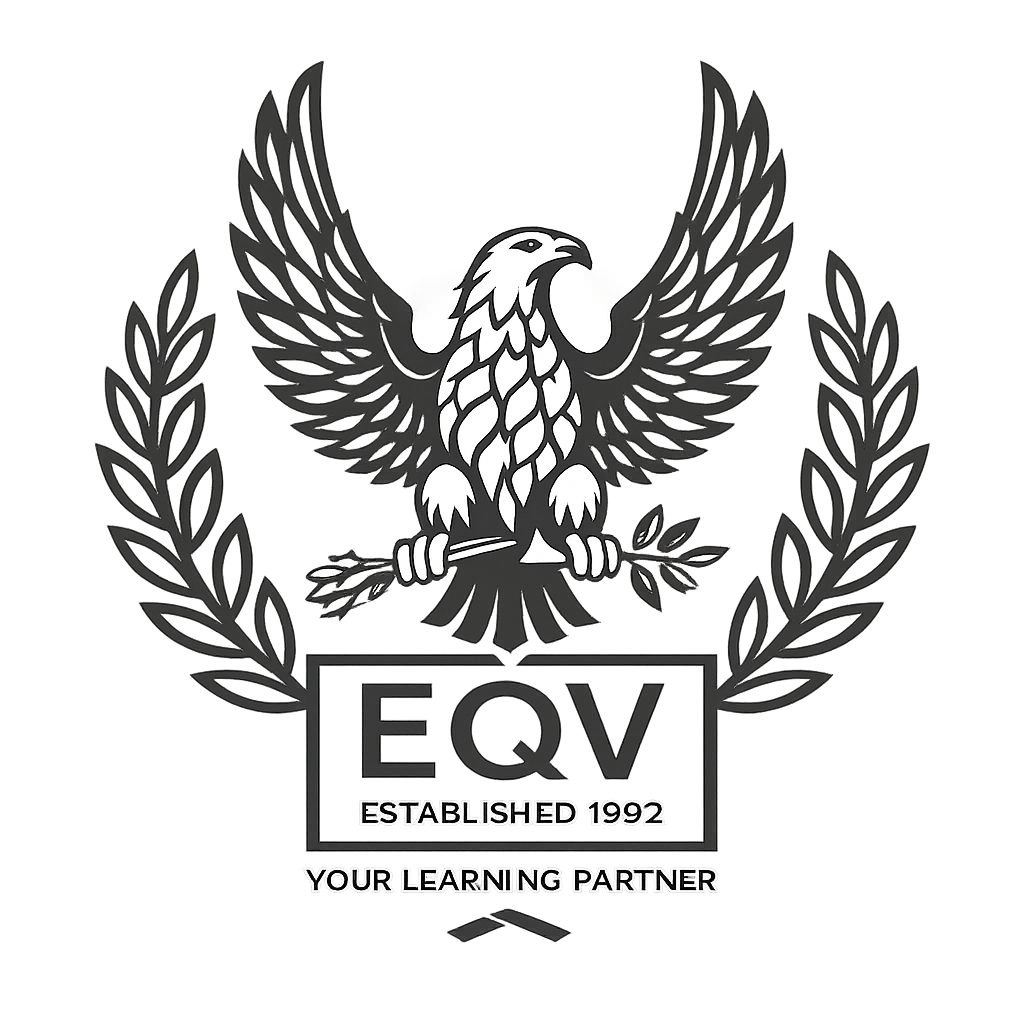Action Learning Sets (ALS) are a hands-on approach to professional development that combines collaborative problem-solving with experiential learning. By addressing real-world challenges, ALS promote individual growth and organisational improvement.
Key Components of Action Learning Sets
- Real Problems: Participants tackle genuine, relevant issues, ensuring immediate applicability.
- Collaborative Groups: Small, diverse teams (4-8 members) bring varied perspectives to generate innovative solutions.
- Insightful Questioning: Probing questions and reflective listening uncover deeper insights.
- Commitment to Action: Participants implement solutions, ensuring tangible outcomes.
- Learning Focus: A dual emphasis on solving problems and learning from the process strengthens individual and organisational capabilities.
- Facilitator Role: A coach guides the group, balancing problem-solving with reflective learning.
Benefits of Action Learning Sets
- Improved Problem-Solving: Practical solutions address real challenges.
- Culture of Continuous Learning: Promotes ongoing improvement and knowledge sharing.
- Cross-Functional Collaboration: Enhances understanding and unity across departments.
- Leadership Development: Builds capacity to manage complexity and drive change.
- Higher Engagement: Addressing meaningful problems boosts morale and commitment.
Implementing Action Learning Sets
- Identify Relevant Challenges: Focus on issues with a meaningful impact.
- Assemble Diverse Teams: Include members from various functions to enrich discussions.
- Ensure Skilled Facilitation: Use trained facilitators to guide and balance action with reflection.
- Commit to Action and Reflection: Encourage solution implementation and review outcomes to reinforce learning.
By adopting Action Learning Sets, organisations foster a culture of continuous improvement, innovation, and empowered problem-solving.
